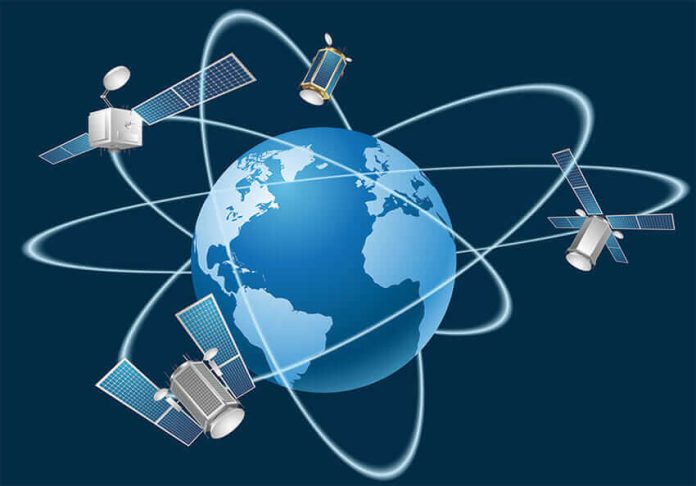The GPS (Global Positioning System) has become a vital tool in the age of digital connectivity, completely changing how we traverse and engage with our environment. Let’s explore the depths of GPS, from its beginnings to its possibilities in the future.
What is GPS?
The Global Positioning System, or GPS, is a navigation system that uses satellites to provide exact location and time data anywhere on Earth. It now plays a crucial role in our everyday routines, helping us navigate strange roads, monitor our exercise regimens, and even help with emergency services.
Who Invented GPS?
The US Department of Defense is recognized for having developed GPS. Ivan A. Getting was instrumental in the system’s early development and was part of a team of scientists and engineers who developed and implemented the system. GPS’s history began in the 1960s when the US Department of Defense launched the initiative to help the armed forces with their maritime needs. In 1995, the system was completely operational and released for civilian use, revolutionizing navigation for people all over the world.
GPS Types
Different GPS types are available to meet the needs of different applications. The Global Navigation Satellite System (GNSS) is the most widely used, but there are other regional systems as well, such as GLONASS (Russia), Galileo (European Union), and BeiDou (China).
How Does GPS Work?
A constellation of satellites in Earth’s orbit is used by GPS to operate. These satellites send out signals all the time that tell us where they are and what time it is. These signals are received by GPS receivers on Earth, which use a triangulation of the data from several satellites to determine the receiver’s exact location. There are a wide range of applications for GPS. GPS is essential for improving efficiency and safety in a variety of applications, from tracking devices for emergency services and personal fitness to navigation systems in cars and smartphones.
How to Use GPS
GPS operation has gotten remarkably easier. Since most smartphones have GPS receivers built in, users may access navigation apps and get real-time directions. Furthermore, for seamless navigation, standalone GPS devices—which are frequently utilized in cars—offer a dedicated interface.
GPS Module
A GPS receiver and an antenna are components of a self-contained GPS module. It is frequently found in many different electronics, giving precise position data that makes location-based features possible. Satellites, GPS receivers, and ground control stations are essential parts of a GPS system. Satellites send out signals, which are interpreted by GPS receivers on Earth to establish location, and are managed by ground control stations.
GPS Architecture
The space segment (satellites), the control segment (ground control stations), and the user segment (GPS receivers) make up the three segments of the GPS architecture. The correctness and functionality of the system are guaranteed by this tripartite structure.
GPS Advantages
There are several advantages to using GPS. In addition to helping with emergency response, improving fleet management and logistics, and enhancing navigation efficiency, it offers precise and up-to-date position information and supports several scientific applications.
GPS Disadvantages
GPS has limitations even with all of its benefits. Signal interference could occur in places with many trees or tall structures. The technology is also prone to interference because it depends on satellite transmissions.
Future of GPS
The potential for GPS is fascinating. We may anticipate improved functionality, quicker signal acquisition times, and more accuracy with continued advances. GPS applications may find new uses through integration with cutting-edge technology like augmented reality and artificial intelligence.
To sum up, GPS has developed from a navigational aid used by the military to a technology that is a part of everyday life. Its importance in contemporary society is highlighted by its ongoing development and incorporation into many areas. Future developments in GPS technology should guarantee that we can continue to traverse our environment with previously unheard-of ease and precision.








